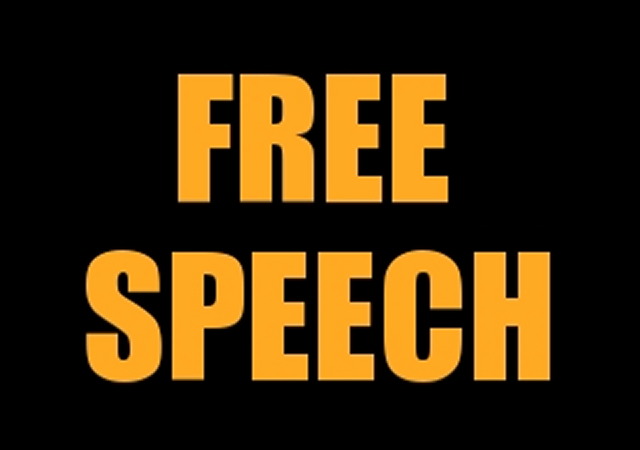Free Speech Group in Scotland Raises Alarm Over Fear Among Writers

Here’s a reminder that the United States is not the only country facing huge free speech issues.
The Scotsman reports:
Scottish freedom of speech group warns that online bullying, intimidation and threats have created ‘culture of fear’ among writersScottish PEN says there is a need for action to “stem the perpetuation of hatred online” and ensure writers can “express themselves without fear of harassment or violence.”In a lengthy response to the “sustained online smearing and harassment” of leading Scottish poet and spoken work performer Jenny Lindsay, it warned that the country’s literary scene ran the risk of “the loss of supportive and welcoming communities and the alienation of writers from readers and each other.”The group said its survey had highlighted concerns that writers were now “wary of saying anything vaguely controversial”, that debates on social media regularly descended into “a free for all catfight” and that there was growing pressure to “adhere to a kind of right-think.”Lindsay has told how she was the target of “a casting out” and a “shaming” in the wake of being accused of transphobia in 2019 after raising concerns on Twitter about a defence in a magazine of violent rhetoric against lesbian activists.The Scottish PEN statement has been issued 12 months after the Scottish Poetry Library went public to raise concerns about “an escalation, particularly on social media, of disharmony, which is creating fractures that aren’t sustainable or healthy in a small country like Scotland.”Lindsay recalled her treatment in an essay, entitled “Anatomy of a Hounding,” in the The Dark Horse magazine in September.She wrote: “We cannot have a healthy literary culture if we allow this to continue, and without our institutions supporting values of free, democratic, creative expression.”The Scottish PEN statement reads: “Jenny’s experience speaks to a wider issue in online communities, where a culture of fear leads writers to worry about being abandoned by their peers or implicated by association with others, many second-guessing how their work or even historic online posts could be misconstrued.
CLICK HERE FOR FULL VERSION OF THIS STORY